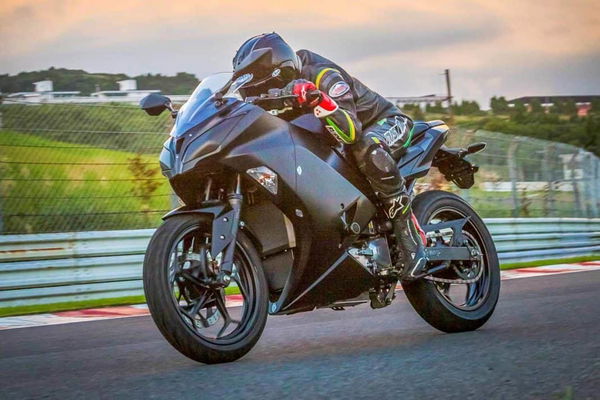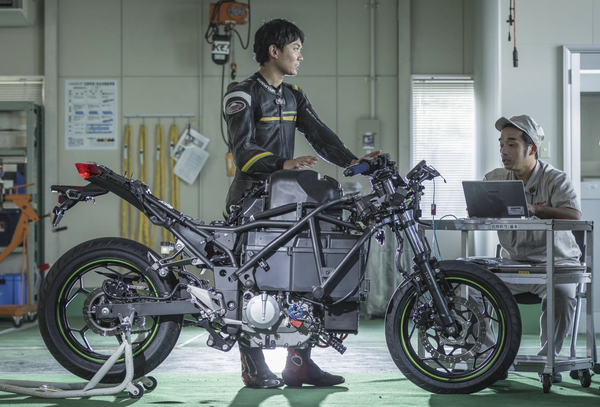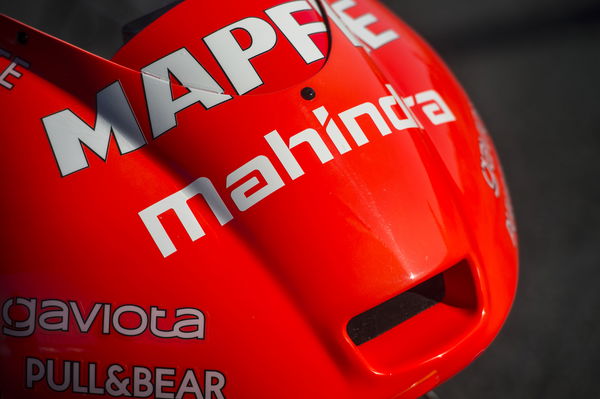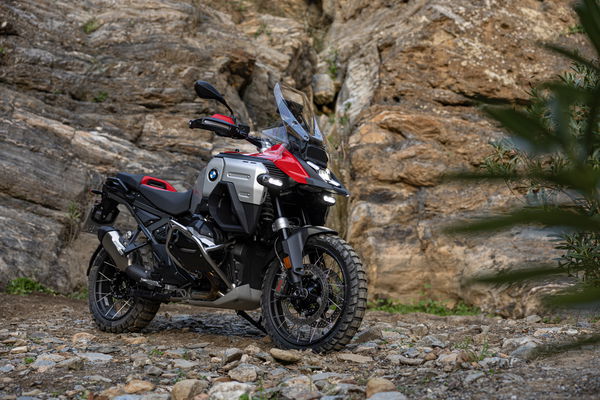Kawasaki primed to accelerate greener future… but it won’t just rely on electric
While other manufacturers pledge their future to electric power, the sustainable vision for Kawasaki involves hybrid technology and hydrogen too

The future will always look a shade of green to Kawasaki but that statement will increasingly have more than one meaning as the company confirmed it is a long way down the road of developing a fleet of models powered by more sustainable means.
With electric poised to take over from conventional fuel-powered models in the four-wheel industry over the next five years, the motorcycle industry finds itself a long way back in terms of direction and development.
However, there are some manufacturers romping ahead more enthusiastically than most with KTM/Husqvarna, Triumph and Kymco on course to put electric-powered ideas into reality as early as next year.
The same can be said for Kawasaki too… except the fact the company hasn’t funnelled all of its resources into simply getting an electric motorcycle into its range.
Though the details were scant, Kawasaki revealed some of its crystal ball during its annual conference, pointing out that as well as electric motors, it is also working on hybrid fuel technology (smaller fuel powered engine, complemented by self-charging electric motor) and hydrogen fuel-cell.
To date the only physical form of these innovations is the ‘Endeavour’, a 400cc-equivalent faired sportsbike that is likely to become Kawasaki’s maiden foray into an electric market that, while niche, would give it a big headstart on the likes of Honda and Yamaha.

Moreover, with governments around the world being somewhat scattergun in their approach to banning emissions belching models and many failing to include motorcycles in their timelines just to add to the confusion, Kawasaki said it has factored these shifting deadlines into its plan and is ready to accelerate development if it needs to.
It should be noted that Kawasaki as a company group has broader intentions than two-wheels, such as supplying emergency vehicles and heavy agriculture vehicles, meaning the thought process behind these innovations aren’t just to shift more motorcycles. Which is just as well because electric power has struggled to convince the (many) purists.
In other news from the conference, Kawasaki revealed sales of its models equipped with 401cc or more have risen 80 per cent since 2017, while it has also seen a surge of ownership from those in the 20s demographic, jumping by 60 per cent in the same time period.











